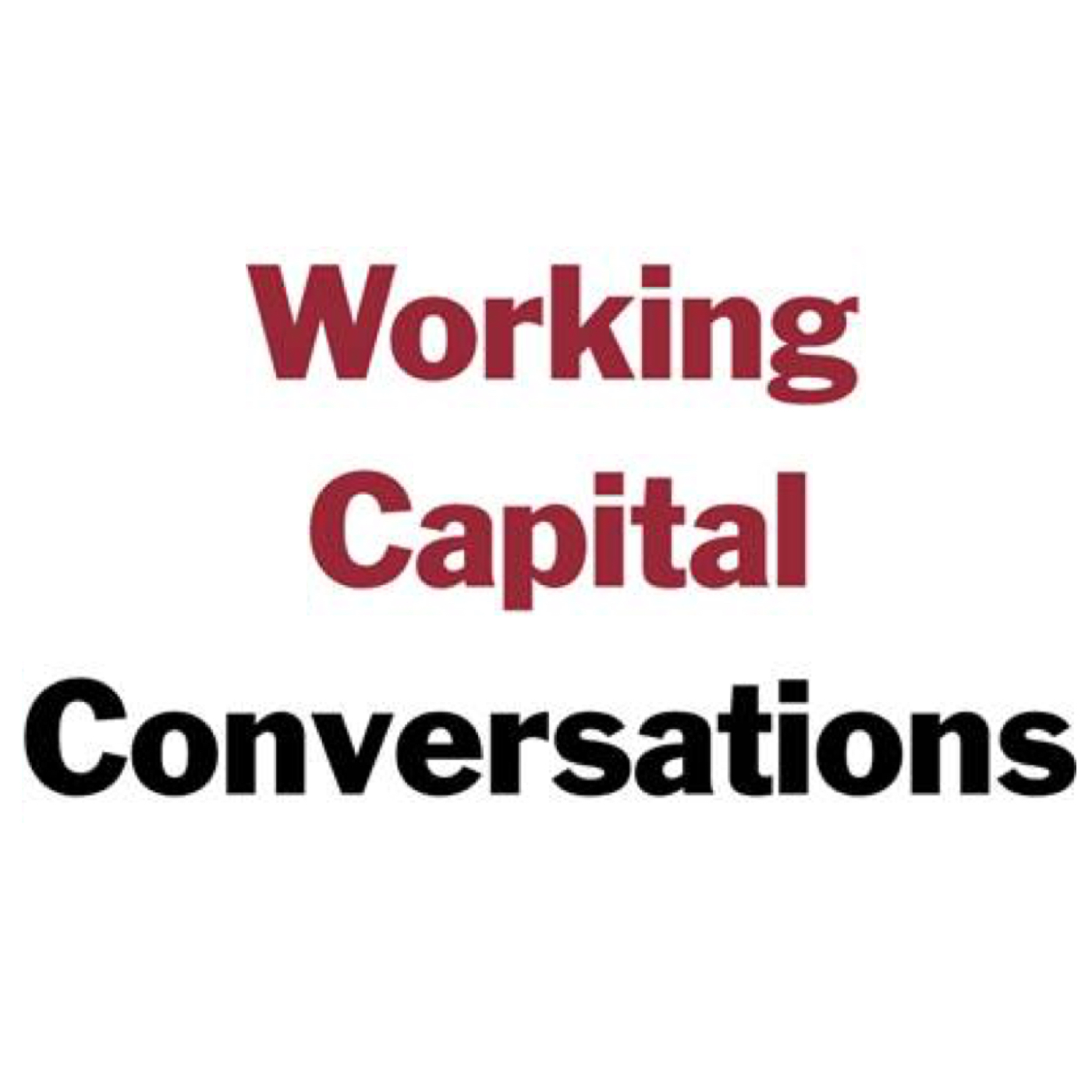Episodes
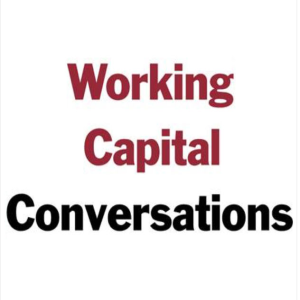
Sunday Apr 28, 2019
Joseph Stiglitz: Is Capitalism Working?
Sunday Apr 28, 2019
Sunday Apr 28, 2019
About four years ago, Nobel Prize winning economist Joseph Stiglitz was attending his 55th high school reunion in Gary, IN, when he heard a story that made him stand up straight. Then he heard another. And another.
These classmates’ stories – about themselves and their families – brought to life the statistics Stiglitz had been seeing in his economic charts: Lost jobs, poor access to health care, shorter life spans, crumbling infrastructure, lost opportunity, waning hope. The numbers hadn’t lied, and now they were talking to Stiglitz at this gathering with old friends.
Their message: The economy was broken. In fact, more than just the economy wasn’t working – Capitalism itself seemed off.
From his current and past work, Stiglitz knew the causes: Exploitation & market power; mismanagement of globalization; a deregulated financial sector that helped lead to the Great Recession; new technologies that threatened even more job displacement; the growing difference between wealth creation and wealth extraction.
Following that class reunion, Stiglitz further saw an erosion of society’s pillars, and – being an economist – connected them all: The economy, capitalism, and democracy. He decided to sound the alarm, and the result is his new, powerful book: “People, Power, and Profits: Progressive Capitalism for an Age of Discontent.”
Stiglitz has written a definitive economic (and political) blue print for these times – a detailed agenda he calls Progressive Capitalism. “We have to,” he says, “save capitalism from itself.” I was excited to explore the ideas with him and the conversation didn’t disappoint.
About Joe Stiglitz: Beyond the Nobel Prize, he has earned enough awards to be their own podcast. Just one early example: the John Bates Clark Medal in 1979, awarded by the American Economic Association to the "American economist under the age of 40 who is adjudged to have made a significant contribution to economic thought and knowledge.” Among his career highlights: He served as President Clinton’s Chair of the US Council of Economic Advisers, Chief Economist of the World Bank. He’s the best-selling author of more than 10 books and today is a University Professor at Columbia University.
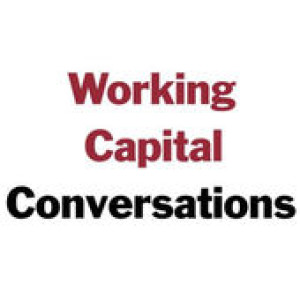
Wednesday Apr 03, 2019
Chris Witkowsky on the last decade of private equity investing.
Wednesday Apr 03, 2019
Wednesday Apr 03, 2019
And yet, as always, questions remain:
- Can prices sustain their extraordinary levels?
- When PE investors run their crucial return projections – what assumptions are they making about the broader economy… or even a recession?
- And what about politics – is the industry ready for the 2020 campaign and new questions about the capitalism?
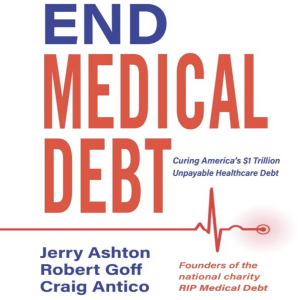
Friday Mar 29, 2019
End Medical Debt: Curing America's $1 Trillion Unpayable Healthcare Debt
Friday Mar 29, 2019
Friday Mar 29, 2019
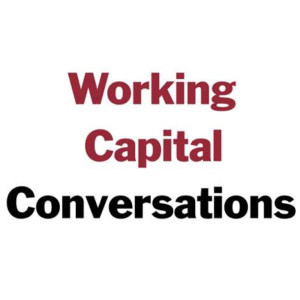
Thursday Feb 21, 2019
Jonathan Wilk: Who Pays for Health Care?
Thursday Feb 21, 2019
Thursday Feb 21, 2019
Jonathan Wiik has an answer. Jonathan is a Principal in Healthcare Strategy at TransUnion. He’s also the author of “Healthcare Revolution: The Patient Is the New Payer.”
Wiik has spent much of his career examining the health care payments transformation. From his experience and research, Wiik outlines a system where, as he has written, “On average, healthcare consumers are now responsible for 30% to 35% of their healthcare bill1. Patient payment and collection practices are highly complex, and with high deductibles, patients have evolved into a primary payer source.” Further, Wiik acknowledges, the system means too many patients ultimately can face debilitating medical debt.
Wiik outlines a go-forward approach that reimagines the patient as a consumer – and offers ways in which payers, providers, and patients must come together in new ways to address our health care crisis.

Wednesday Dec 19, 2018
Kirabo Jackson: Investing in Education Delivers Exponential Results
Wednesday Dec 19, 2018
Wednesday Dec 19, 2018
We frequently hear the complaint: Our education systems – particularly public education – are broken. Invest in these approaches? That’s just throwing good money after bad.
For example, investing in Head Start may make sense. In other cases, investing in K-12 might be the right approach. But coordinate and sustain ongoing investment in both? Forget it.
Only, it turns, out: That’s not what the data show. And that’s not the conclusion of Kirabo Jackson, a Northwestern University professor, who has analyzed that data, the trends, and the outcomes.
In fact, as Jackson explains: It’s specifically the continued, ongoing investment in kids and their education that delivers exponential results. As you’ll hear, investing in Head Start plus investing in K-12 – that math is simple: 1 + 1 = 3.
A word about Prof. Jackson: He’s the Professor of Human Development and Social Policy and Faculty Fellow in the Institute for Policy Research at Northwestern’s School of Education & Social Policy. An economist by training, his research has been published in articles have appeared in leading economics journals such as the Quarterly Journal of Economics, American Economic Journal, Journal of Labor Economics, The Review of Economics and Statistics, among others.
He’s turned his economic world view to the world of education, and in 2016, Education Week listed him among the top university-based scholars who are doing the most to influence educational policy and practice.

Monday Nov 26, 2018
Nikhil Sinha: Creating a Global Silicon Valley
Monday Nov 26, 2018
Monday Nov 26, 2018
You know Silicon Valley – that magical place were people, ideas, investment, and opportunities have come together for years to generate the next generation of disruptive businesses.
The big challenge for Silicon Valley has not been bringing all of those assets from around to the world to one place in Northern California – it’s been how to bring Silicon Valley to the world.
Most specifically: How do you scale (to use a start-up word) the key elements around a start-up environment and distribute them globally?
That’s just part of GSV Labs mission. GSV stands for Global Silicon Valley, and as you’ll hear from CEO Nikhil Sinha, that’s exactly what they are. From physical accelerators placed in some of the most exciting locations in the world to digital environment that connects some of the most remote, GSV Labs has pooled an extraordinary collection of entrepreneurs, corporations, thinkers, and technology.
A word about Nikhil: He’s just the person to lead such an effort and well worth listening to. He has spent a career shuttling between launching and building global start-ups and leading various academic efforts, including as Vice Chancellor of Shiv Nadar University in India and Associate Dean for Academic Affairs at the University of Texas. Most recently he served as Chief Content Officer at Coursera, one of world's leading higher education platforms. It’s a great conversation.
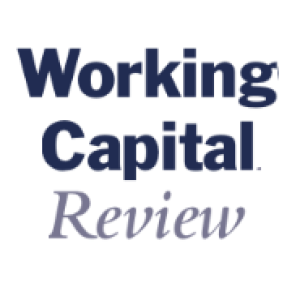
Monday Nov 12, 2018
Lee Clark-Sellers on Purposeful Innovation
Monday Nov 12, 2018
Monday Nov 12, 2018
Not only is innovation perhaps one of the most overused words in business, it also might be one of the most misunderstood.
Many people think of innovation as “eureka” moments. It’s not. Those are “eureka” moments. Instead, as you’ll hear, innovation requires purpose, design, process, and, yes, the room to take some chances.
Lee Clark-Sellers is the Innovation Officer at Ply Gem Industries. Sellers is systematically integrating innovation into the all areas of the company. And if you don’t think you can find innovation in the exterior building products industry, well, that may be another misunderstanding.
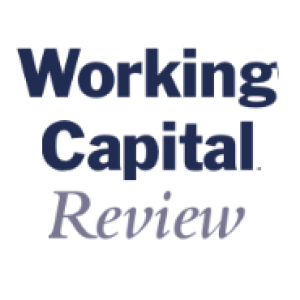
Thursday Nov 01, 2018
Josh Mohrer: A new model for the venture capital world
Thursday Nov 01, 2018
Thursday Nov 01, 2018
If you thought Uber’s network of cars is strong, you’ll be very interested to learn about a new network that two former executives are spinning off – and how they’re impacting the venture capital world.
Josh Mohrer is one of those former Uber execs – he was the General Manager of Uber in NY, NJ, CT and PA and helped grow revenues there from zero to $3 billion. Now, with William Barnes, who led Uber’s West Coast ops, Josh is leveraging the entrepreneurial spirit that drove Uber and driving it in a new direction.
He put together a syndicate of investors – nearly all former Uber employees – to invest in startups either by other former Uber employees or in adjacent businesses and sectors. The combination – funding plus operational expertise – is called Moving Capital and has created a model that others in the VC world are watching.
How does it work? What are the growth expectations? Here’s my conversation with Josh Morher.

Tuesday Oct 16, 2018
John Chambers: Connecting the Dots
Tuesday Oct 16, 2018
Tuesday Oct 16, 2018
You know that John Chambers has been a CEO. After all, he spent more than 25 years at Cisco, helping grow the company from $70 million when he joined in 1991, to $1.2 billion when he became CEO in 1995, to $47 billion when he stepped down as CEO in 2015.
What you may not know is that Chambers is also – perhaps foremost – a teacher. In fact, it’s a big part of what he does now as founder and CEO of JC2 Ventures, which describes itself as “mentors of digital innovation, who coach each company on their journey, using our experiences to help them see around corners, accelerate markets, and create entirely new ones.”
Teaching is also a big part of what he’s put in his new book, “Connecting the Dots: Lessons for Leadership in a Startup World.”
Now don’t get the impression that Chambers thinks he knows it all. He makes clear – in the book and in our conversation – that he’s always learning. Always asking questions. Always trying to discover what’s next.
That spirit and energy come across in reading his words – a playbook of his unique strategies for winning in a digital world –and they came across when I talked with him. I’d never met Chambers before. I really enjoyed the conversation. I learned a lot, and I think you will, too.

Wednesday Oct 03, 2018
Janet Cowell: Girls Who Invest
Wednesday Oct 03, 2018
Wednesday Oct 03, 2018
That’s the problem Girls Who Invest is built to address.
The non-profit was founded in 2015 to inspire and empower young women to pursue asset management careers. Their goals: To see 30% of the world’s investable capital managed by women by 2030.
How do they do this? As you’ll hear from Girls Who Invest CEO Janet Cowell: They’re building a brand new pipeline – connecting leading firms, education and mentoring to create a new network of talent and opportunity.
About Janet Cowell: She’s got a fascinating and perfect background. She held publicly elected offices in North Carolina for 15 years and was the first woman elected State Treasurer there, managing over $100 billion in assets, and health and retirement benefits, for over 900,000 members.
But before her public service, Janet held positions in the private sector in the U.S. and abroad, including as a securities analyst for Lehman Brothers and HSBC in Hong Kong and Southeast Asia. She’s seen financial services from all sides.

